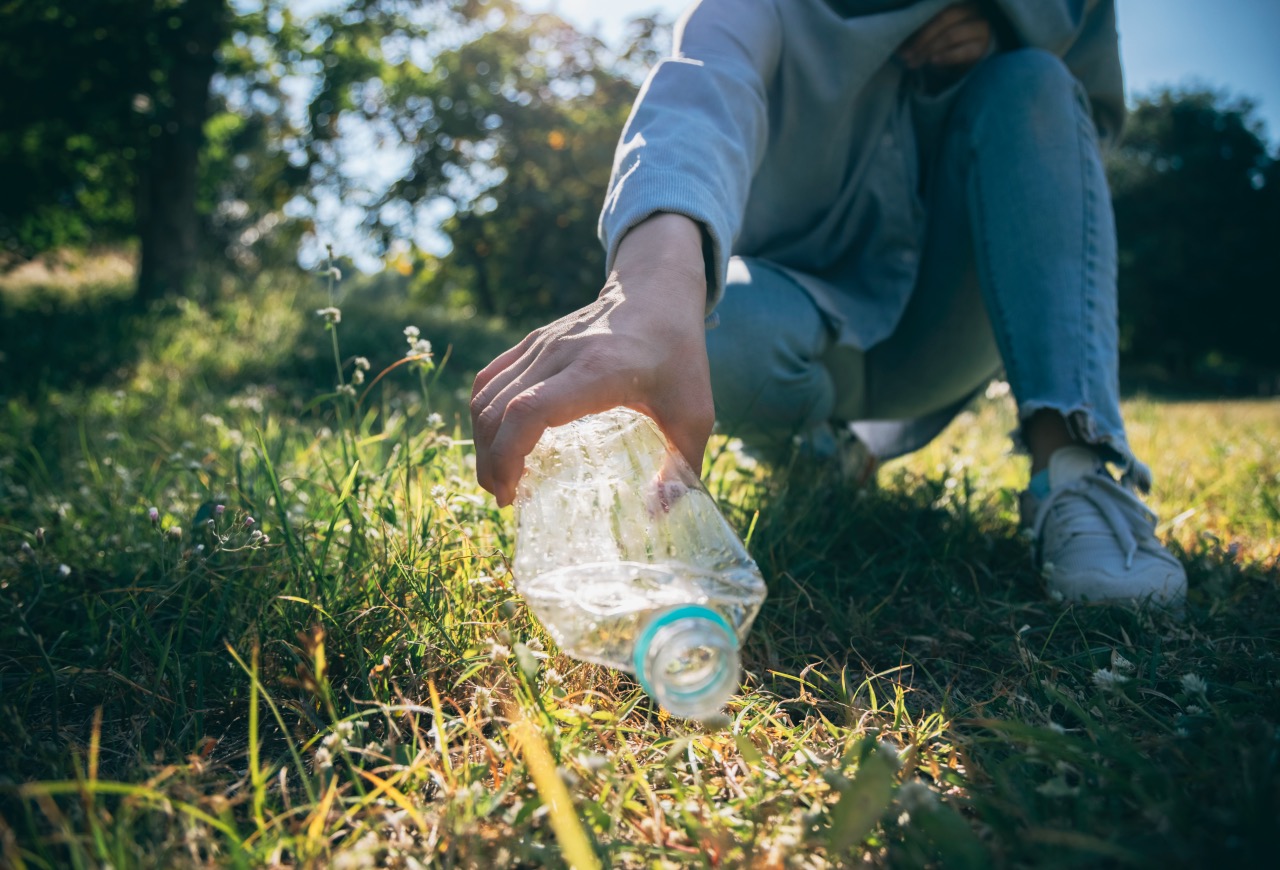Plastic waste is a big problem, but less so if it can be turned into second-hand plastic or even oil. That’s the market investment fund Infinity Recycling operates in.

A Rotterdam-based investment fund, raising money for plastic waste recycling closed its first fund on Tuesday at €175m. Infinity Recyling will invest the money into recycling companies beyond the start-up phase. “We want to use this to kick-start the raw materials transition,” said its co-founder Jeroen Kelder. Among others, the European Investment Fund (EIF) and chemical groups including Chevron Phillips Chemical put money into the fund.
The money raised will go towards technologies capable of processing plastic waste into reusable components or even oil. Kelder ,50, and Jan-Willem Muller, 47, started raising money four years ago, and this year surpassed their target of €150m.
This week, the fund closed with more than 20 investors. Besides EIF, which committed €50m, these include Thailand’s PPT Global Chemical’s GC Ventures, Vopak, a tank storage and transhipment company, and an undisclosed foreign pension fund based outside the Netherlands.
Risk-bearing
Infinity Recycling invests in recycling companies that are not yet fully viable, Kelder said. Risk capital is needed to turn them into fully-fledged companies. Kelder said he has already earmarked €32m of the fund for companies including Poland’s Clariter and Ioniqa, which is based in Geleen, in the south of the Netherlands.
Ioniqa converts plastic from PET bottles into reusable PET (polyethylene terephthalate). During a process of ‘depolymerisation’, the PET dissolves into a liquid, leaving usable raw materials. Clariter ‘cracks’ plastic by heating it, before turning it into oil which can be used for industrial purposes.
Three of the five companies that Kelder and Muller have put money into so far use pyrolysis technology to recycle plastic. The waste processors heat the plastic in a vacuum, with temperatures of up to 350 degrees Celsius. This results in a liquid called naphtha. Naphtha is distilled oil from which new plastic can be made.
Compared to mechanical recycling – where plastic is shredded and melted down – chemical recycling uses more energy. However, the quality is as good as that of new plastic, which is not the case with the mechanical method. Plastic products often consist of multiple types of plastic with sometimes dozens of components, which complicates the recycling process.
In addition to the investments already made, Infinity Recycling plans to build five plants in the Netherlands and Flanders that will recycle plastic by returning it to its original building blocks. One of the fund’s ongoing investments is Pryme in Rotterdam, which has been recycling plastic since last year.
Chemical companies LyondellBasell and Indorama and Dutch state investment company Invest-NL also put money into Pryme. At Chemelot, a chemical business park in Geleen, two plastic recycling plants are to be built. Kelder and Muller also have ambitions for plants near Moerdijk in the south of the Netherlands, in the Eemshaven in the northern Dutch province of Groningen and in the port of Ghent, Belgium.
Incinerator
Global plastic production is expected to rise from 400 million tonnes to 1 billion tonnes over the next 25 years. Less than 10% of plastic is recycled, according to United Nations figures. The rest ends up in the incinerator or landfill.
There have been few hopeful reports from the US on chemical recycling in recent months. Plants that recycle plastic are performing poorly or even had to close, The New York Times reported.
Moreover, the US Environmental Protection Agency does not consider the transformation of plastic into liquid fuels to be recycling. Muller countered this by saying that chemical recycling has been approved as a recycling method in almost half of the US states.
This article originally appeared in Dutch business newspaper FD on April 30, 2024.






